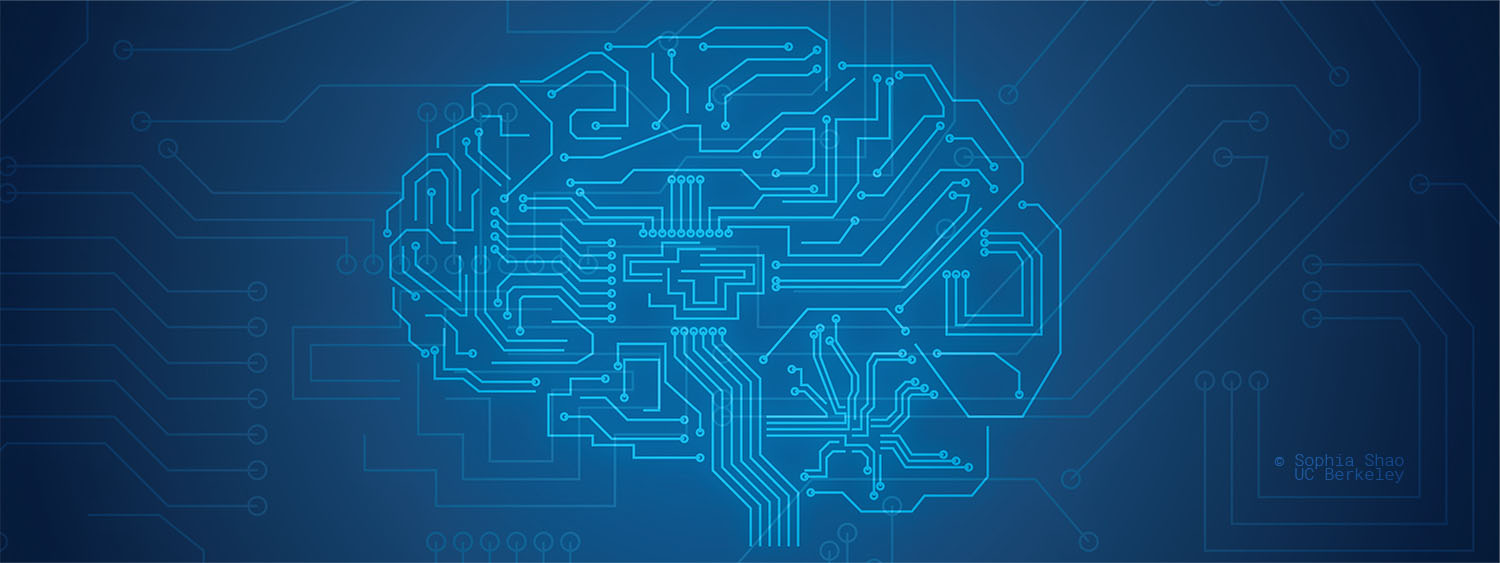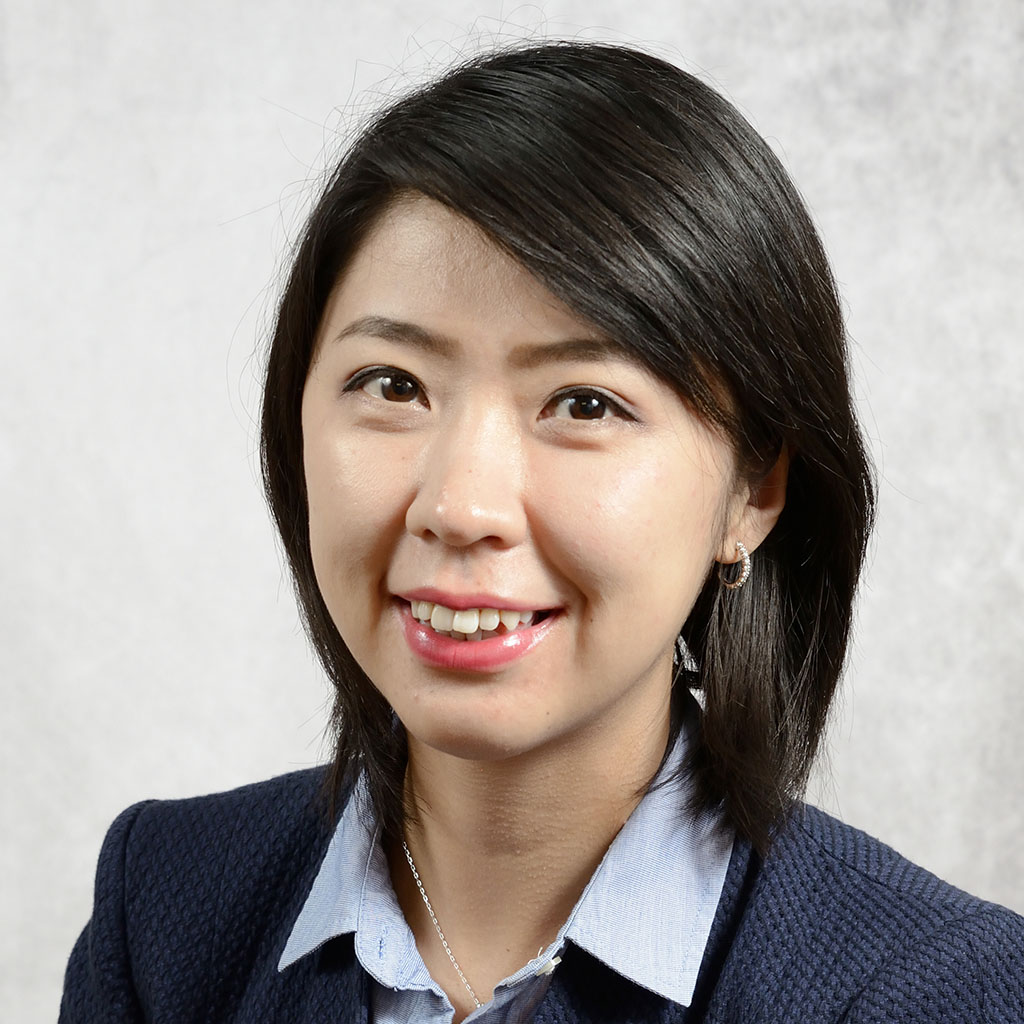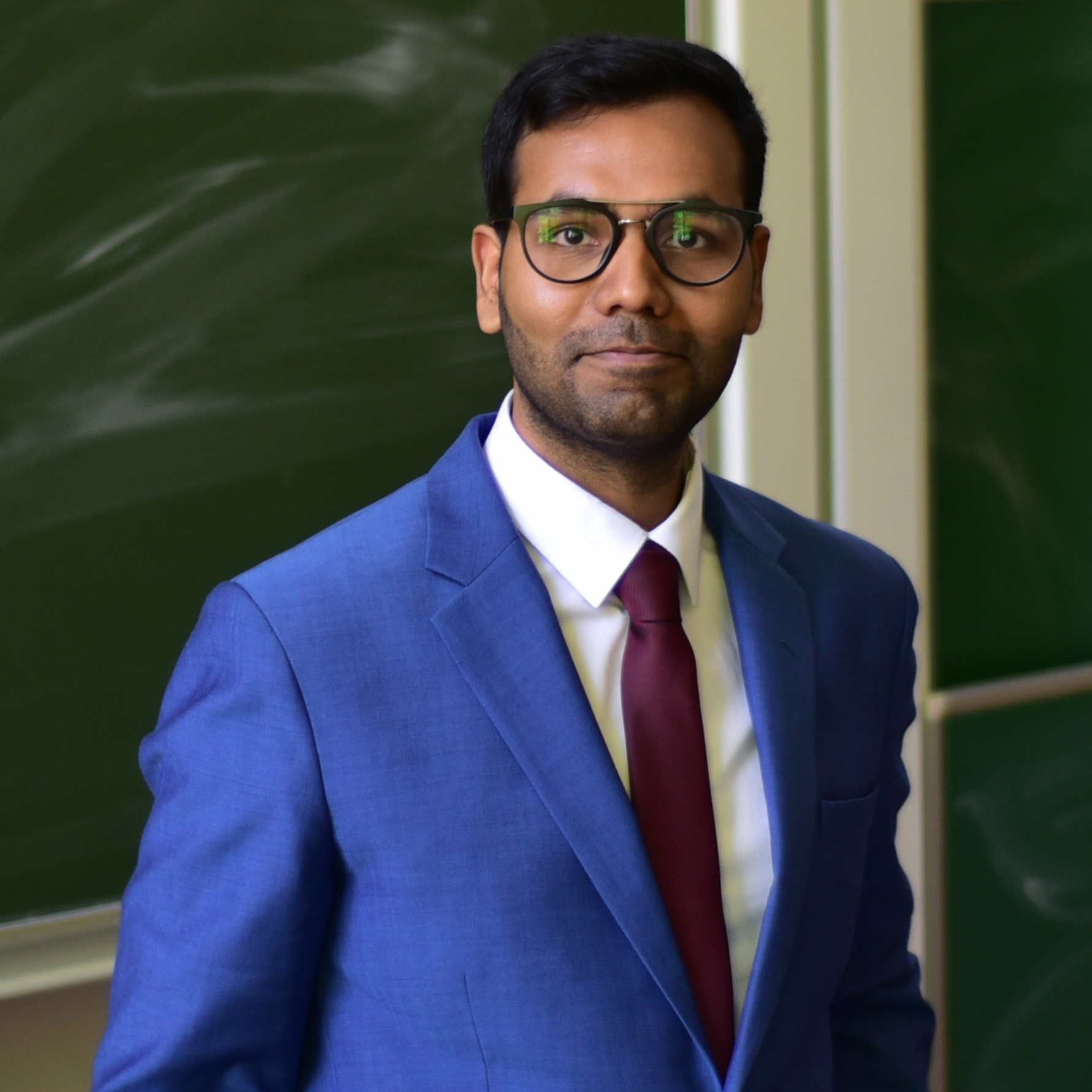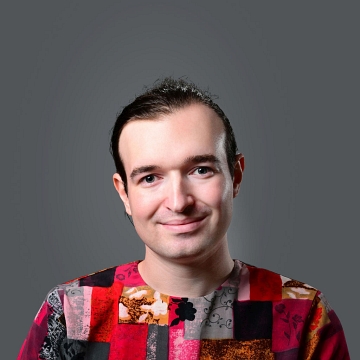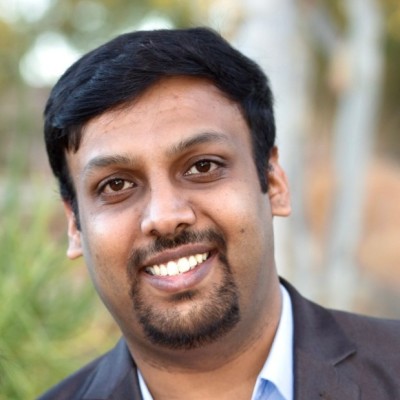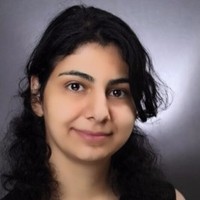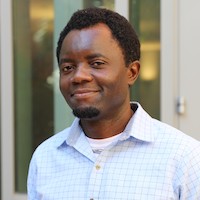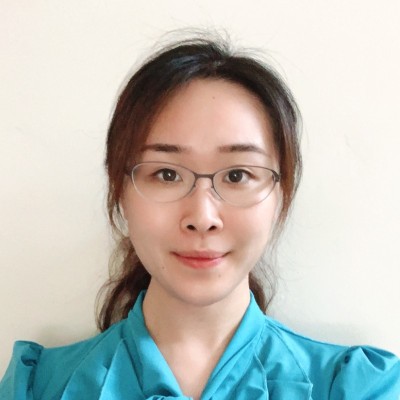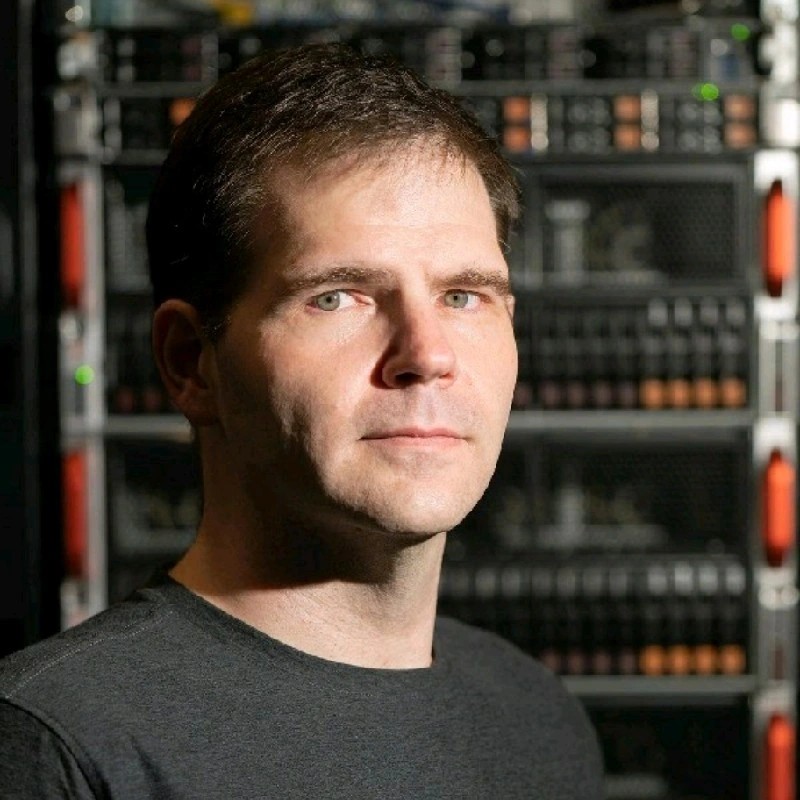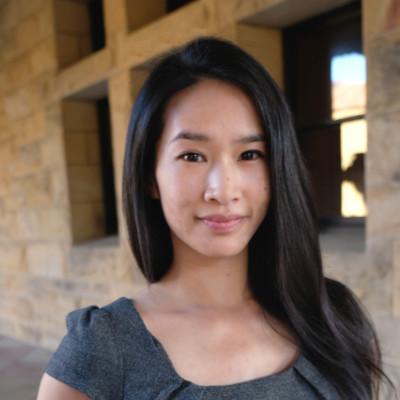- If you turn in someone else’s work as if it were your own, you are guilty of academic misconduct. This
includes problem sets, answers on exams, lab exercise checks, project design, and any required
course turn-in material.
- Also, if you knowingly aid in academic misconduct, you are guilty.
- We have software that compares your submitted work to others.
- However, it is okay to discuss with others lab exercises and the project (obviously, okay to
work with project partner). Okay to discuss homework with others. But everyone must turn in
their own work.
- Do not post your work on public repositories like github (private o.k.)
- If we catch your academic misconduct, you will get negative points on the assignment: It is better to not do
the work than to cheat! If it is a midterm exam, final exam, or final project, you get an F in
the class. All cases of academic misconducts reported to the office of student conduct.
It is very important to the EECS Department that every student in
the EECS community feels safe, respected and welcome. We recognize
though that incidents happen, sometimes unintentionally, that run
counter to that goal. There are many things we can do to try to
improve department climate, but we need to understand where the
challenges lie. If you experience a remark, or disrespectful
treatment, or if you feel you are being ignored, excluded or
marginalized in a course or department-related activity, please
speak up. If you witness such treatment toward someone else, please
also say something. If you notice course content (such as lectures,
discussions, assignments, exams) that marginalize or alienate you,
please point them out. This is particularly important if the
offending actions/content are based on gender, race, age,
disability, or other protected category but it’s not always possible
to tell and so we encourage you to share with us in any case. The
more we hear, the more we can do to improve the climate in our
courses and department-supported activities. We also welcome
suggestions on things we could do to improve department climate.
